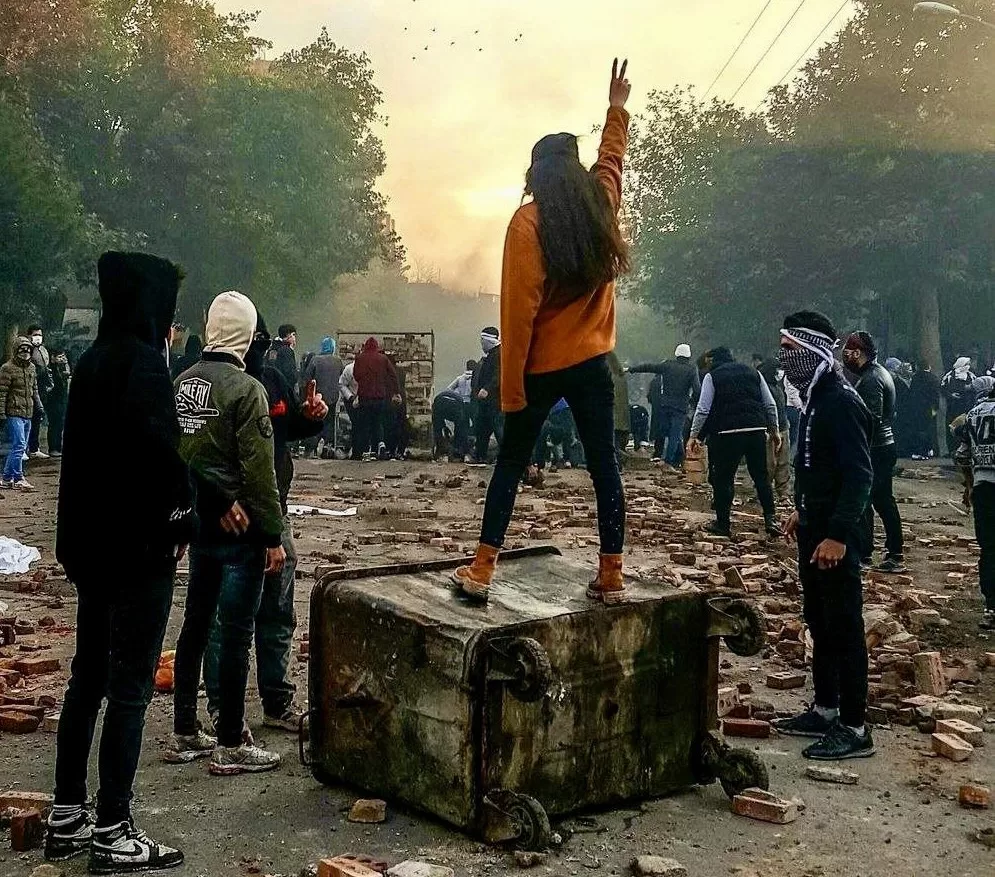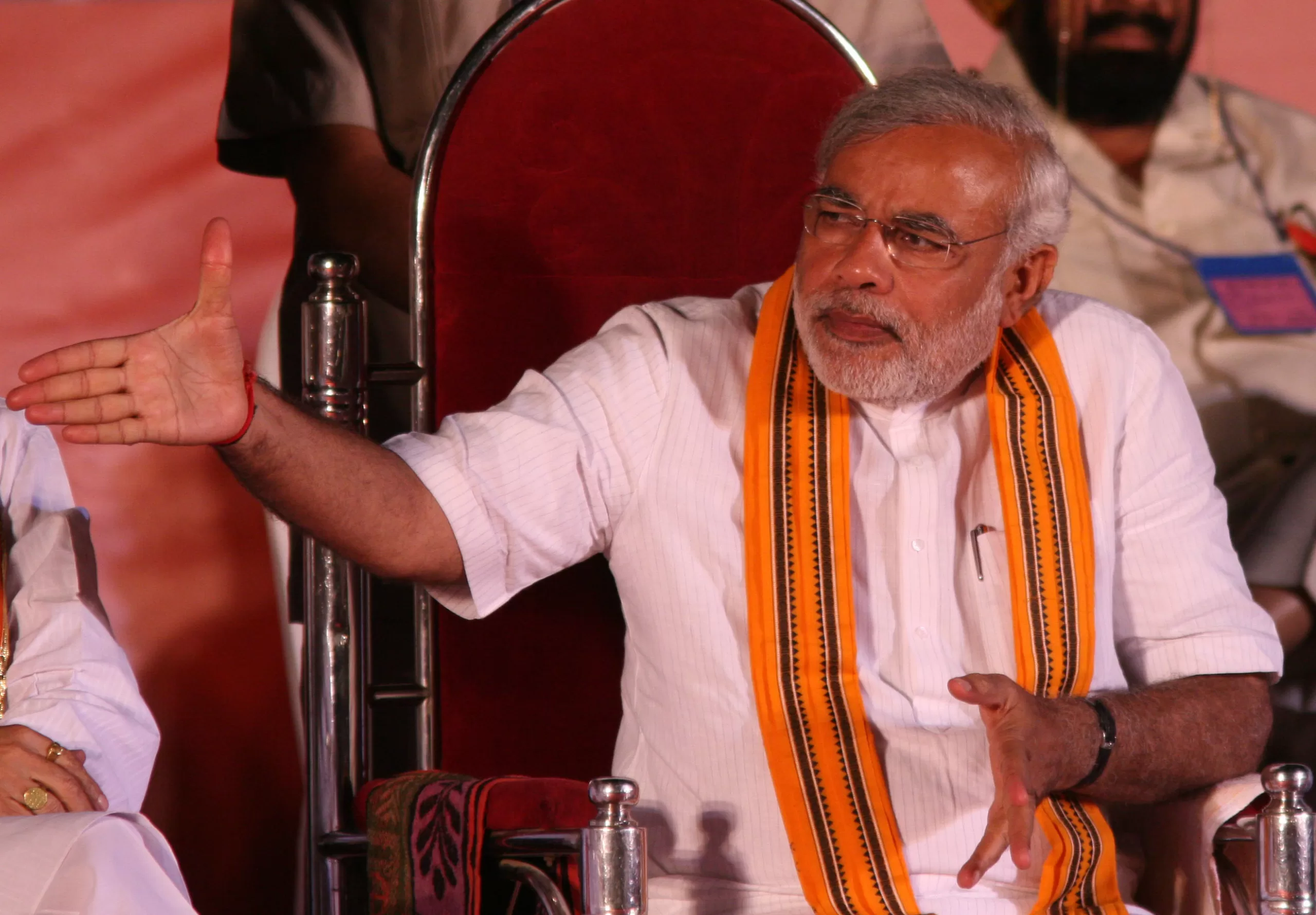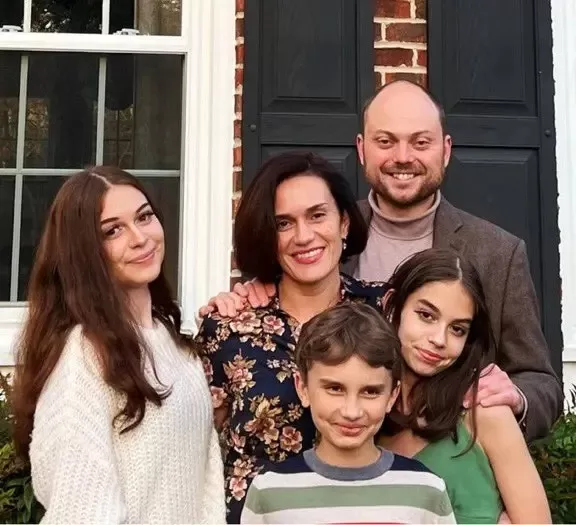“The greatest threat to freedom of the press in our country is our libel law. Why do we have this weird defamation law, where the idea is that if we get something wrong about someone, we have to pay a pile of money? We should correct it with equal prominence. Take money and costs out of the picture. Because, on the whole, only the rich can afford it,” investigative journalist Nick Davies told an audience at the Frontline Club last night.
Davies, who unveiled the extent of the phone-hacking scandal and has just published his book Hack Attack, was in conversation with author and former ITN chief Stewart Purvis (above), talking about hacking, press regulation and this week’s launch of the Independent Press Standards Organisation (Ipso).
Below are some highlights.
On his hacking investigation:
“The crimes weren’t serious enough to spend seven years of your life working on it. What makes it interesting is it’s about power. The thing that Murdoch generates – aside from money and circulation figures – is fear. Once a media mogul has established this kind of fear – he doesn’t have to tell the government, the police or the PCC what to do. They will all try and placate him. That’s really what this book is about and if there is any justification for doing this much work on one story, it’s that.”
On Ipso – which he describes as a “phoney regulator”:
“If Ipso turns out to be subject to the same influences of the big news organisations as its predecessor the PCC, then it is very worrying because Ipso has considerably more power. It has the power to investigate; it has the power to levy fines. You imagine what would have happened if that had been in place when we were investigating phone hacking. They could have killed that story off.”
On the greatest threat to freedom of the press:
“The greatest threat to freedom of the press in our country is our libel law. Why do we have this weird defamation law, where the idea is that if we get something wrong about someone, we have to pay a pile of money? We should correct it with equal prominence. Take money and costs out of the picture. Because, on the whole, only the rich can afford it.”
On whether the truth has caught up with Murdoch, as the book’s subheading suggests:
“There was a moment when the truth caught up with Murdoch – that day in Parliament with his son – but slowly the power comes back. Now he is meeting Nigel Farage [Ukip leader] as if this Australian with American citizenship has any sort of influence at all about what happens in our next election. What is wrong with our system that he is allowed to display such arrogance? We are the voters. It will be interesting to see if in the run up to the 2015 elections he and his newspapers throw their weight around as usual. I fear we will see a familiar pattern, as the bully in the playground.”
On the future of journalism:
“The biggest best hope for journalism is that it continues to attract energetic, bright, idealistic young people. But then you see them being fed into this mincing machine. The key to our revival is fixing the broken business model. We need to find a solution to this problem.”
On the internet:
“[With internet news], you end up with fragmentation. The communist produces news for communists, the racist produces news for racists. Nobody is factchecking, nobody is accountable. It’s much worse, potentially, than the mainstream news organisations that come in for such a kicking. The internet is potentially a very destructive force. I’m not necessarily saying it will go this way, but it could rank up there with nuclear weapons, where you say, ‘Christ, that was clever of us to invent that, but we potentially wish we hadn’t done it’. I just don’t know where it is going to go.”
On citizen journalism:
“In an ideal world, we should have professional journalists. There are too many people on the left whose knee-jerk reaction is to assume that all journalists working for big corporations are corrupt and unable to tell the truth. To dismiss journalists from these organisations going to Syria and Iraq and risking their lives as corporate puppets is really disgusting. There is a belief that if the profession of journalism dies out, we’ll be better off with citizen journalists. Do you want citizen doctors too?”
On who he’d like to play him in the film version of his book (the rights to Hack Attack having just been bought by George Clooney):
Colin Firth
Join us to debate the future of journalism and whether it might lead to democratic deficit at the Frontline Club on October 22, or subscribe to Index on Censorship magazine to read our special report on the future of journalism and whether the public will end up with more knowledge or less.
This article was posted on 10 Sept 2014 at indexoncensorship.org




